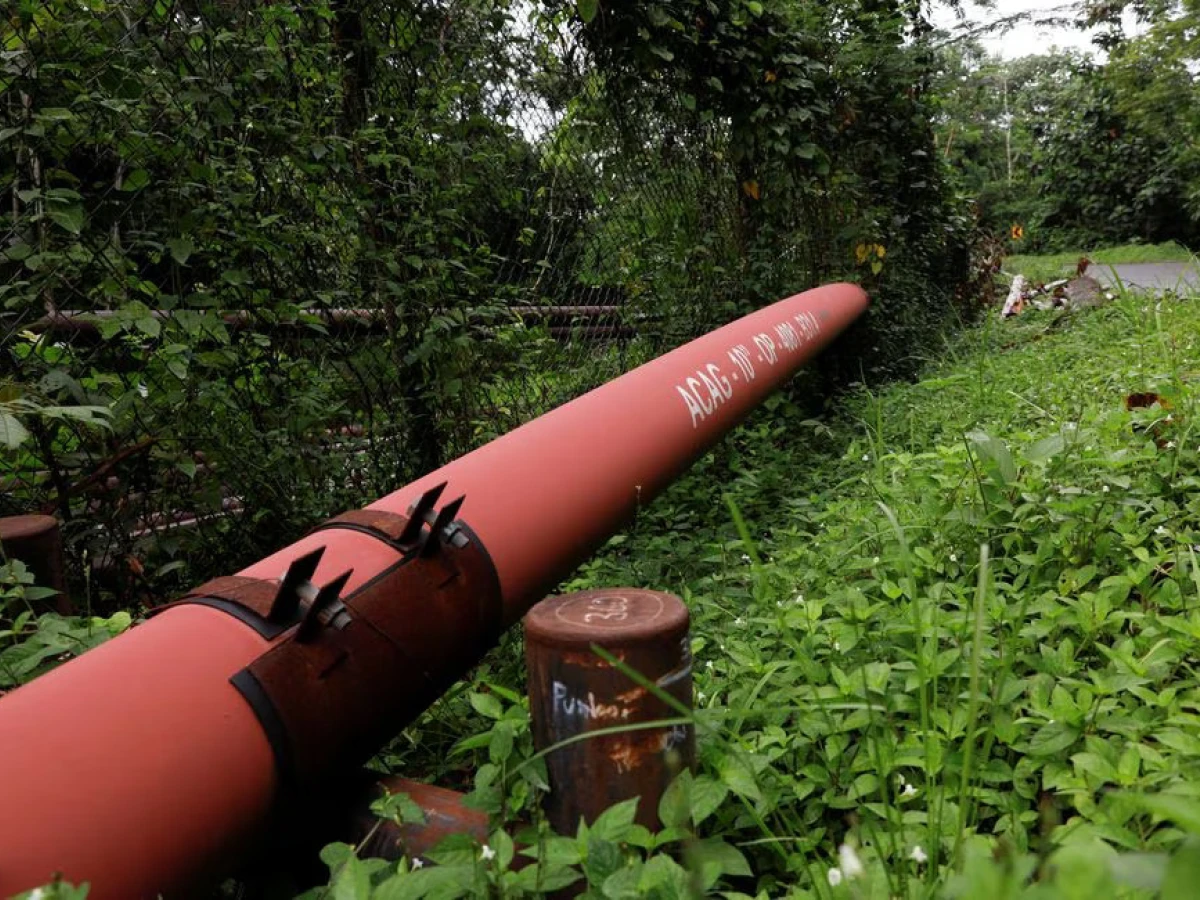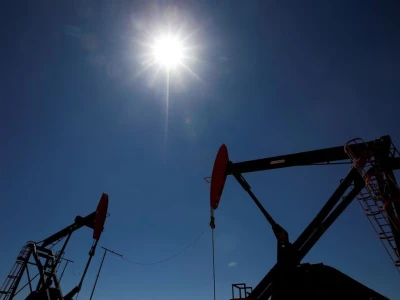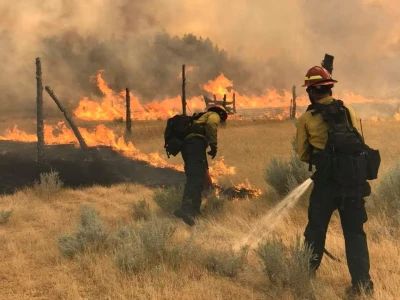
Ecuador nature reserve will take years to recover after oil exit-minister
Abandoning the block could cost close to $500 million, according to Petroecuador.
QUITO, Sept 19 (Reuters) - Flora and fauna affected by oil production in Ecuador's Yasuni Amazon reserve will take many years to recover, Environment Minister Jose Davalos said on Tuesday, raising concerns that a rushed closure of extractive operations would lead to environmental damage.
Ecuador is preparing to shut down block 43-ITT, which is operated by state-owned Petroecuador, after a majority of Ecuadoreans voted to close the project in August.
The government of outgoing President Guillermo Lasso, whose replacement will be elected on Oct. 15, is preparing a plan to close the block - which produces about 58,000 barrels per day (bpd) - for the country's next leader to implement.
That plan will not guarantee that the area surrounding the block will return to its natural state in the short term, Davalos said.
"Many, many years will pass before the trees reach their proper height, the ecosystem is restored and animals return," Davalos said in an interview with Reuters.
While oil wells have been closed before, Ecuador has no experience in abandoning an entire block of this size, which includes three fields and about 230 operating wells, he said.
Petroecuador has one year to suspend its operations, which will see Ecuador's crude output drop by 12% and cost the country some $13.8 billion over the next two decades, according to official data.
Abandoning the block could cost close to $500 million, according to Petroecuador.
Environmentalists and some communities nearby insist that prohibiting future oil operations and other extractive industries is the only way to take care of nature and curb climate change.
While some groups have demanded the immediate cessation of operations at 43-ITT, Davalos said an orderly closure was necessary.
Leaving abandoned infrastructure like a road could serve as "the gateway ... for illegal logging," Davalos said, adding it could also lead to "illegal and indiscriminate hunting" of wildlife.




